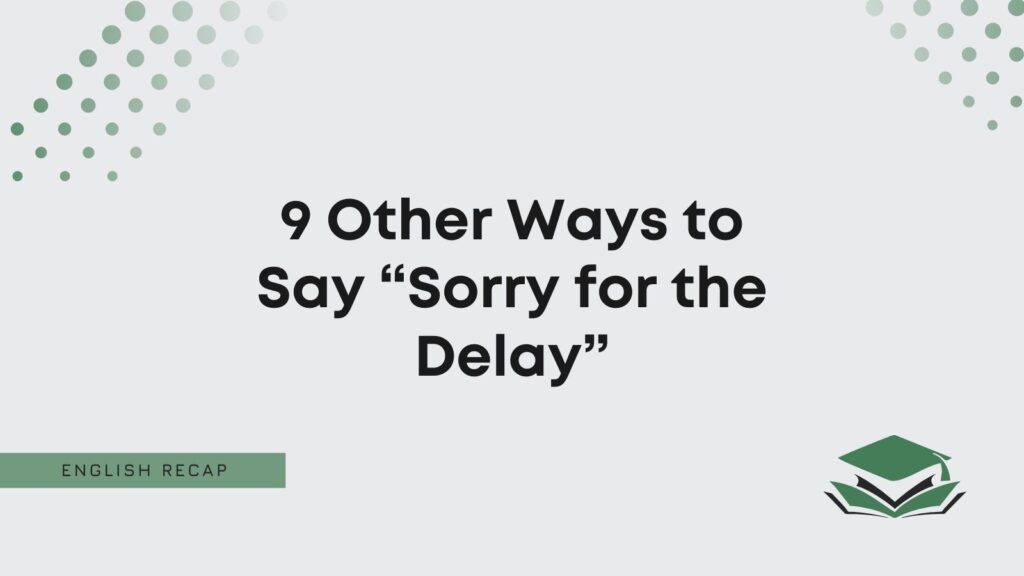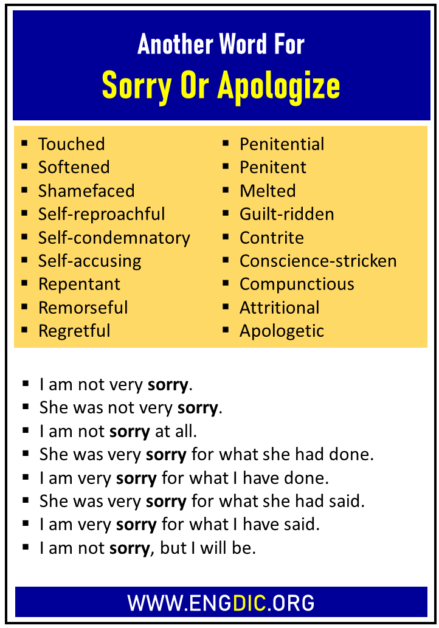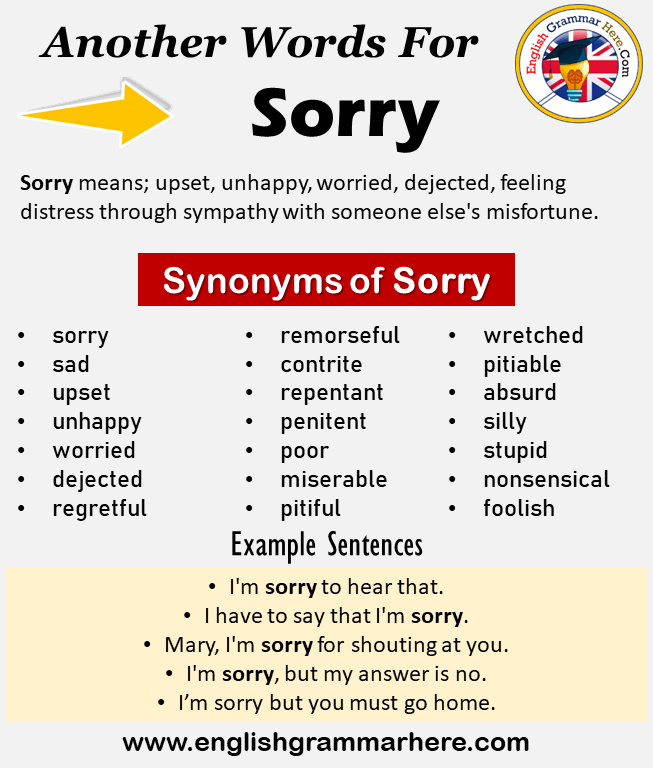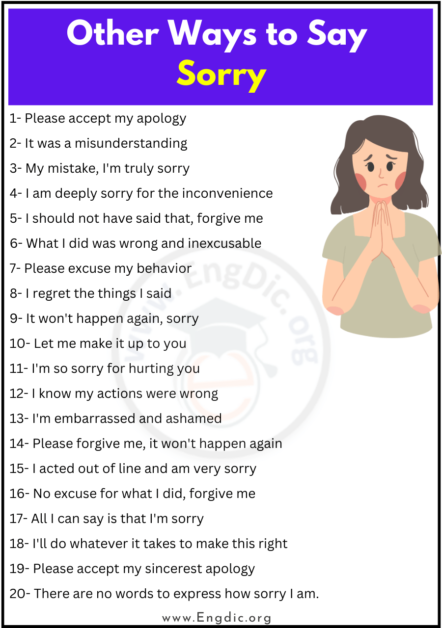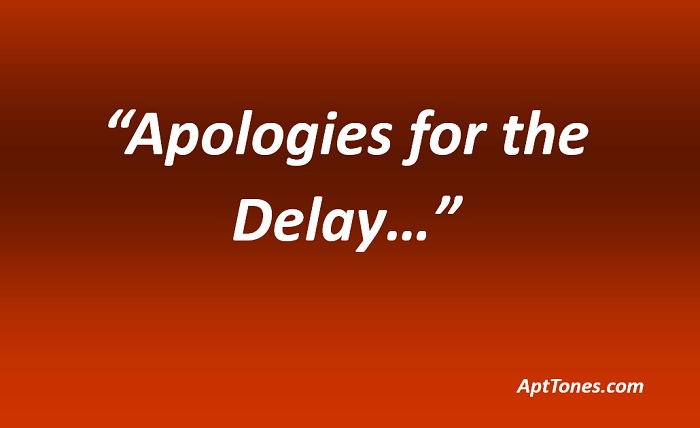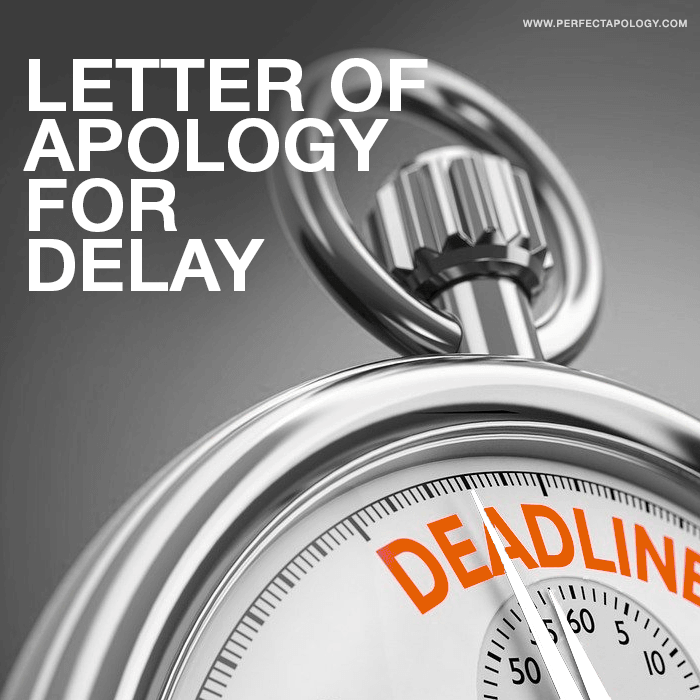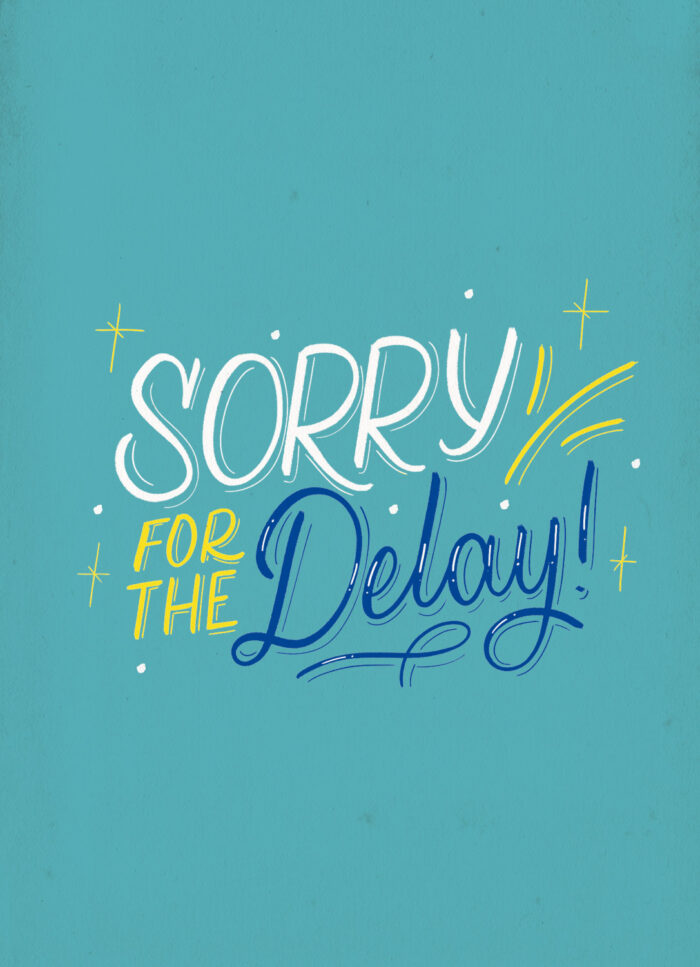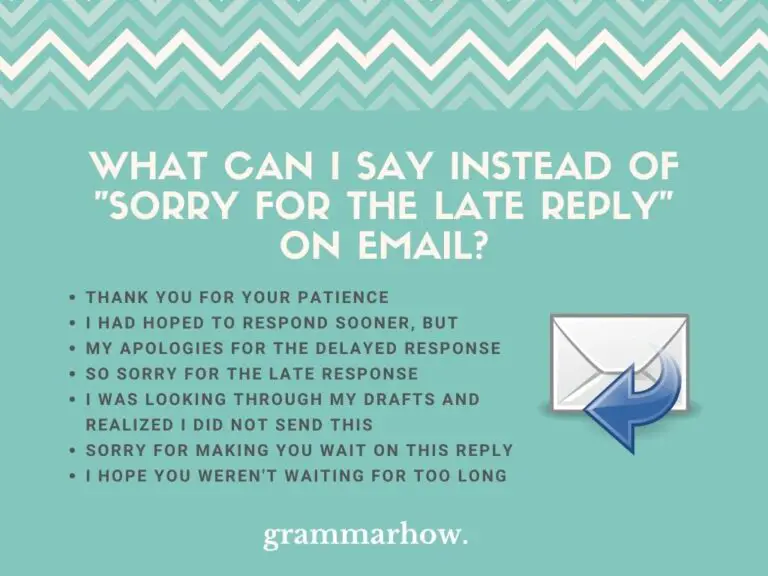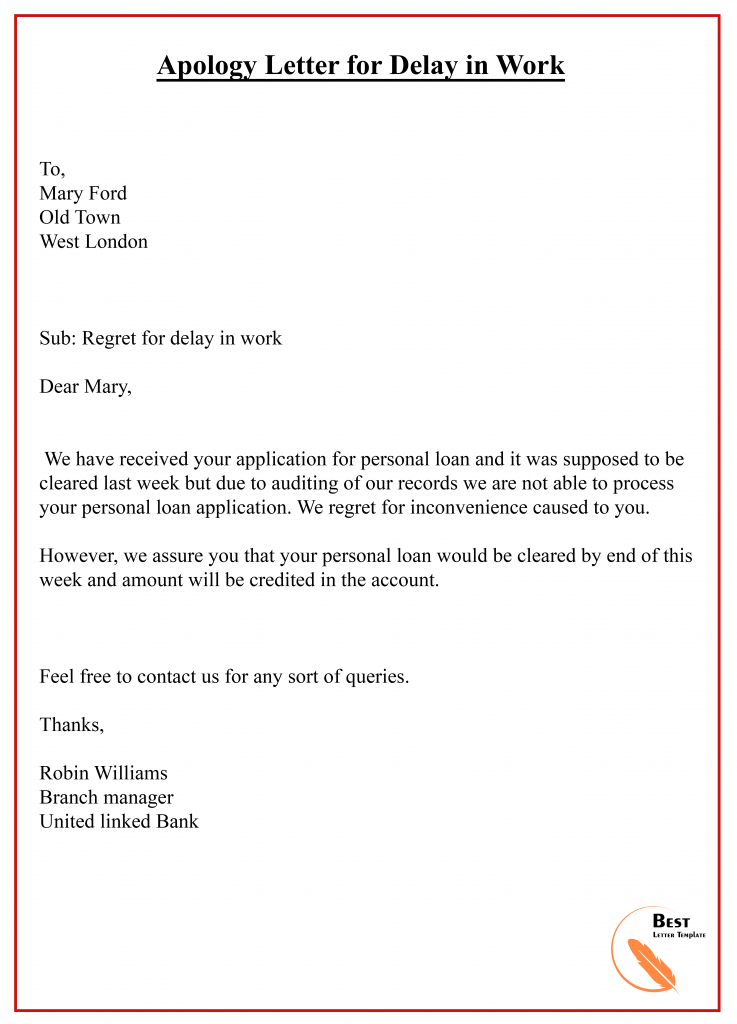Another Word For Sorry For The Delay

For years, businesses and individuals alike have relied on the phrase "sorry for the delay" as a standard apology for lateness or setbacks. Now, a growing movement is encouraging the adoption of more specific, empathetic, and action-oriented language, aiming to foster stronger relationships and improved customer experiences.
The shift is fueled by research indicating that generic apologies can often feel insincere and fail to address the underlying causes of the delay. This article explores the emerging alternatives to "sorry for the delay," examining their impact and offering practical examples.
The Problem with Generic Apologies
The ubiquity of "sorry for the delay" has arguably diluted its meaning. Customers and clients often perceive it as a perfunctory acknowledgement rather than a genuine expression of remorse or a commitment to improvement. Experts in communication and customer service emphasize the importance of specificity in conveying sincerity.
The Rise of Empathetic Language
Instead of a simple apology, many organizations are now training their employees to use language that demonstrates understanding and empathy. For example, replacing "sorry for the delay" with "Thank you for your patience while we worked to resolve [specific issue]" acknowledges the inconvenience while highlighting the effort being made.
This approach allows businesses to take ownership of the problem and build trust with their audience.
Another powerful technique involves acknowledging the impact of the delay on the individual. "I understand this delay has caused [specific inconvenience], and I sincerely apologize for that" demonstrates a deeper level of understanding and care.
Action-Oriented Communication
Moving beyond mere apologies, proactive communication focusing on solutions is becoming increasingly popular. Describing the actions taken to mitigate the delay and prevent future occurrences can significantly improve customer perception. Instead of just apologizing, provide an update about the progress and the expected timeline.
This builds confidence in the company's reliability. For instance, "We experienced [brief explanation of the cause of the delay] and have implemented [specific measure to prevent recurrence]. We anticipate your order will now arrive by [new delivery date]."
Communicating clearly about what is being done to rectify the situation transforms a negative experience into an opportunity to demonstrate competence and commitment.
Examples in Practice
Several companies are already embracing these alternative approaches. Online retailers are providing detailed explanations for shipping delays, including real-time tracking updates and proactive customer service outreach.
Airlines are moving beyond generic announcements, offering specific information about flight delays and providing compensation options for affected passengers. These changes are reflecting better customer satisfaction scores and improved brand reputation.
Service industries, like internet providers, are actively acknowledging issues that result in delay, such as network outages, and offering detailed explanations about steps they are taking to restore services, offering detailed explanations about steps they are taking to restore services.
The Impact on Relationships
Adopting more specific and empathetic communication strategies has the potential to significantly improve customer relationships. By demonstrating genuine concern and a commitment to solutions, businesses can foster greater trust and loyalty. Using
"We truly value your business and are committed to continuously improving our services"instead of just "Sorry for the delay."
This builds confidence in the company's reliability.
Furthermore, by addressing the root causes of delays and implementing preventive measures, organizations can reduce the frequency of these occurrences, further enhancing customer satisfaction.
The Future of Apologies
The shift away from generic apologies represents a broader trend towards more authentic and transparent communication in business. As consumers increasingly demand personalized experiences and expect companies to take accountability for their actions, organizations must adapt their communication strategies accordingly.
This evolution benefits both businesses and customers, creating stronger relationships and a more positive overall experience.
Ultimately, the best approach to handling delays is to prevent them in the first place. However, when delays are unavoidable, communicating with empathy, specificity, and a focus on solutions is crucial for maintaining trust and fostering long-term relationships.




